What Makes a Good Marketing Research Question?
Neeraj was having coffee with Elena, his former colleague who had recently stepped into a senior research role at a major consumer goods company. She appeared frustrated as she recounted her recent experience. "We spent six weeks and $50,000 on research that didn't answer what the executive team actually needed to know," she sighed. "We asked what customers thought about our packaging redesign, but we should have been asking why our target demographic wasn't connecting with our brand in the first place." Her experience underscored a truth Neeraj had observed repeatedly throughout his career: the quality of marketing research is determined from the very beginning—with the questions chosen to be asked.
Introduction: The Foundation of Effective Market Research
The research question serves as the cornerstone of any marketing research initiative. It defines the scope, direction, and ultimately, the value of the insights generated. In the digital era, where data is abundant but genuine insights remain elusive, crafting precise research questions has become increasingly critical. According to the Marketing Research Association, approximately 43% of research projects fail to deliver actionable insights, with poorly formulated research questions identified as the primary culprit.
The evolution of research methodologies in response to AI capabilities, e-commerce analytics, and shifting consumer behaviors has created both opportunities and challenges. Today's marketing researchers must navigate complex digital ecosystems while formulating questions that cut through the noise to address fundamental business needs.
1. Characteristics of Strong Research Questions
Strong marketing research questions share several fundamental characteristics that distinguish them from weak or ineffective ones.
Specificity and Focus
A well-crafted research question has clearly defined boundaries. Rather than asking, "What do customers think about our product?" a stronger question would be, "How do women aged 25-34 in urban markets perceive our product's sustainability claims compared to our three main competitors?" This specificity enables targeted data collection and focused analysis.
Measurability
Effective research questions lend themselves to measurement. Questions should be formulated in ways that allow for quantifiable responses or systematic qualitative analysis. The Marketing Science Institute emphasizes that measurable questions create accountability in research outcomes and enable comparison across time periods or market segments.
Business Relevance
The most brilliant research is worthless if it doesn't address actual business needs. Strong questions connect directly to business decisions and strategic priorities. For example, "Which specific product features would increase purchase intent among our high-value customer segment by at least 15%?" links the research directly to product development and revenue goals.
Feasibility
A good research question accounts for practical constraints of time, budget, and methodological limitations. According to research by Boston Consulting Group, feasible questions acknowledge what can reasonably be answered within organizational constraints while still delivering meaningful insights.
Novelty and Insight Potential
The strongest research questions have the potential to generate new understanding rather than confirming existing assumptions. They probe beyond surface-level information to uncover deeper motivations, connections, or patterns.
2. Common Mistakes to Avoid
Several pitfalls frequently undermine the effectiveness of marketing research questions.
Compound Questions
Questions that address multiple issues simultaneously create confusion in both research design and analysis. "Do customers prefer our new packaging and find our pricing competitive?" combines two distinct issues that require separate investigation.
Leading or Biased Framing
Questions that telegraph preferred responses compromise research integrity. "Don't you agree that our new website design is more user-friendly?" predisposes respondents toward a particular answer.
Overly Broad Scope
Questions like "What do consumers want?" lack the specificity required for meaningful investigation. Such questions typically lead to superficial insights that fail to inform strategic decision-making.
Disconnection from Decision Contexts
Research questions formulated without clear understanding of how the findings will influence decisions waste resources. Every question should link to specific actions that might result from potential answers.
Status Quo Reinforcement
Questions that merely confirm existing assumptions rather than challenging organizational thinking limit growth potential. The Harvard Business Review notes that companies with the most innovative market research programs deliberately construct questions that challenge internal assumptions.
3. Aligning Questions to Business Goals
The most valuable research questions directly support business objectives at various organizational levels.
Strategic Alignment
Research questions should cascade from high-level corporate strategy. A company focused on market expansion might prioritize questions like, "Which three geographic markets show the highest potential acceptance of our value proposition based on demographic and psychographic profiles?"
Decision Support Framework
Effective questions anticipate decision points and provide clear criteria for choosing between alternatives. "Which pricing model maximizes both initial conversion and customer lifetime value for our SaaS product?" directly informs pricing strategy.
ROI Orientation
Questions that connect to financial outcomes command greater organizational attention. "Which customer experience improvements would most significantly reduce churn among our premium subscribers?" links research directly to revenue protection.
Cross-Functional Relevance
The strongest research questions often serve multiple departmental stakeholders. Questions that bridge insights across marketing, product development, and customer service create aligned understanding across organizational boundaries.
Future Orientation
Forward-looking questions help organizations anticipate market changes rather than merely reacting to them. "Which emerging consumption behaviors among Gen Z consumers will most likely impact our category in the next 24 months?" positions companies to prepare for upcoming market shifts.
Conclusion: The Art and Science of Question Formation
Crafting effective marketing research questions represents both an art and a science. It requires deep business understanding, methodological knowledge, and strategic thinking. In today's data-rich environment, the limitation is rarely information availability but rather asking the right questions to transform that information into meaningful insight.
As digital transformation continues reshaping marketing research capabilities, the fundamental importance of starting with the right questions remains constant. Organizations that master the skill of question formation gain sustainable competitive advantage through deeper customer understanding and more effective decision support.
Call to Action
For marketing leaders seeking to elevate their research effectiveness:
- Implement a formal question review process that evaluates proposed research questions against the criteria outlined above
- Develop cross-functional question development sessions that bring diverse perspectives to research formulation
- Create a question bank of effective research questions from past projects to guide future research design
- Invest in training researchers specifically in question design and refinement techniques
- Establish a feedback loop that evaluates question effectiveness based on the actionability of resulting insights.
Featured Blogs
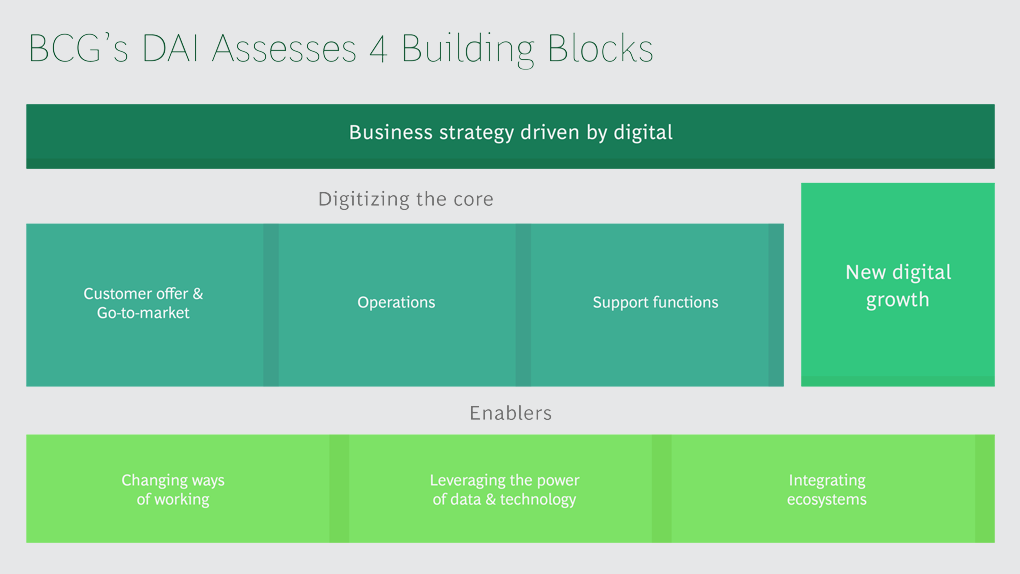
BCG Digital Acceleration Index
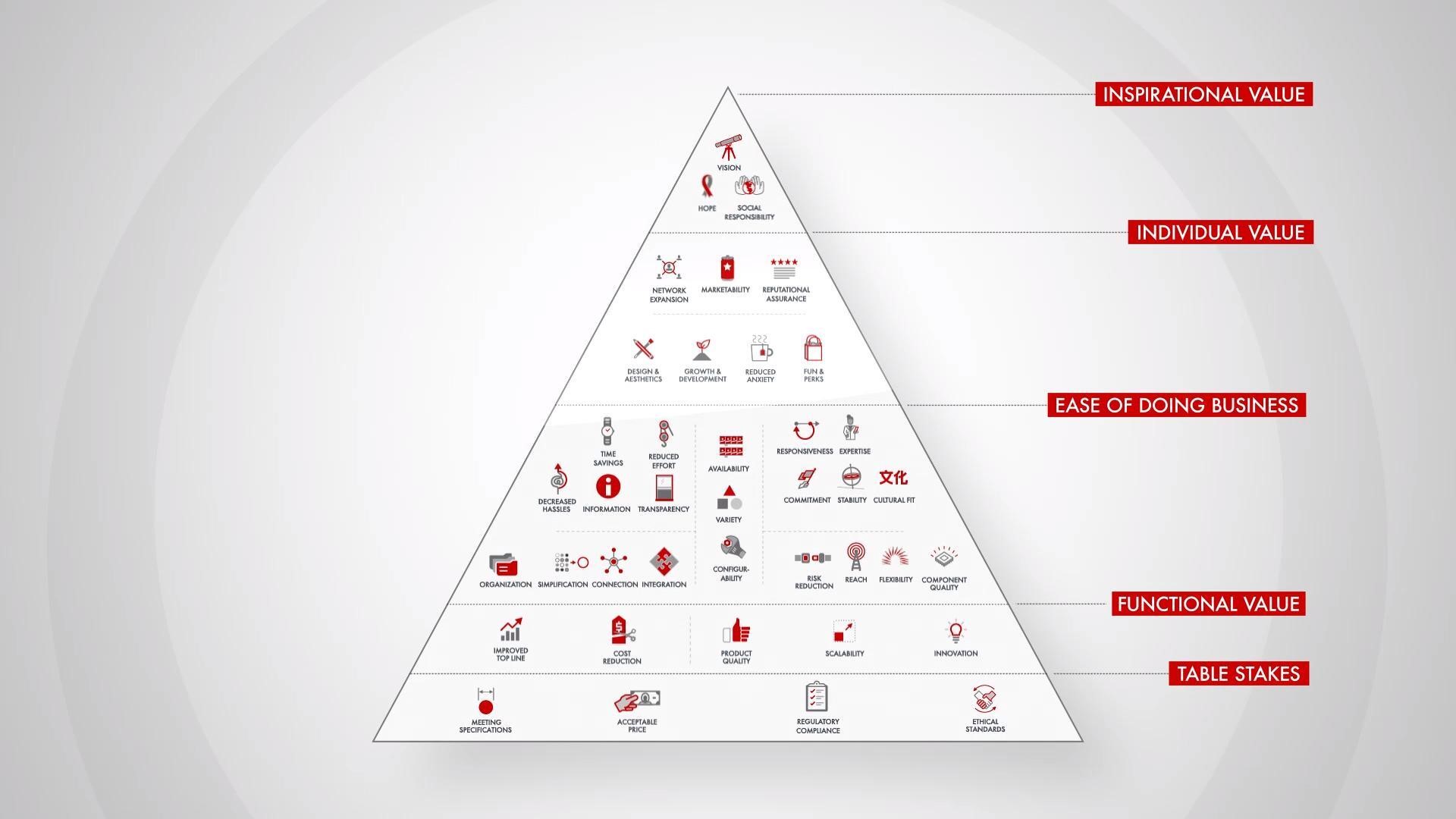
Bain’s Elements of Value Framework
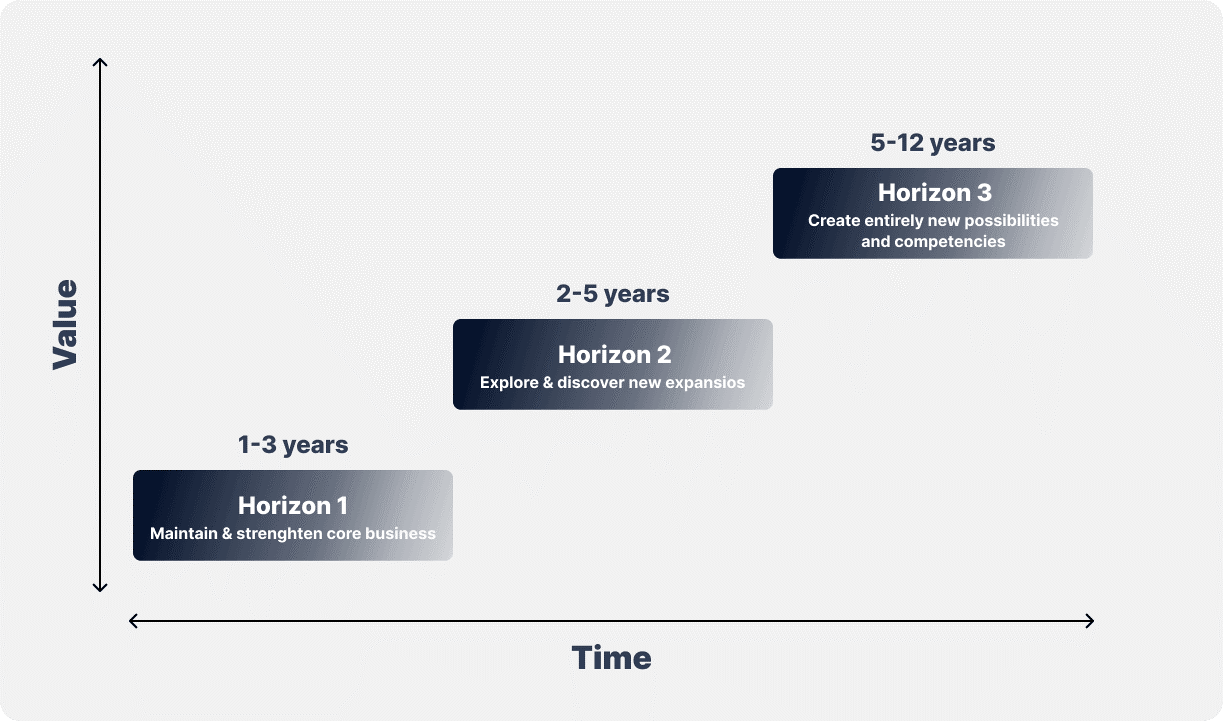
McKinsey Growth Pyramid
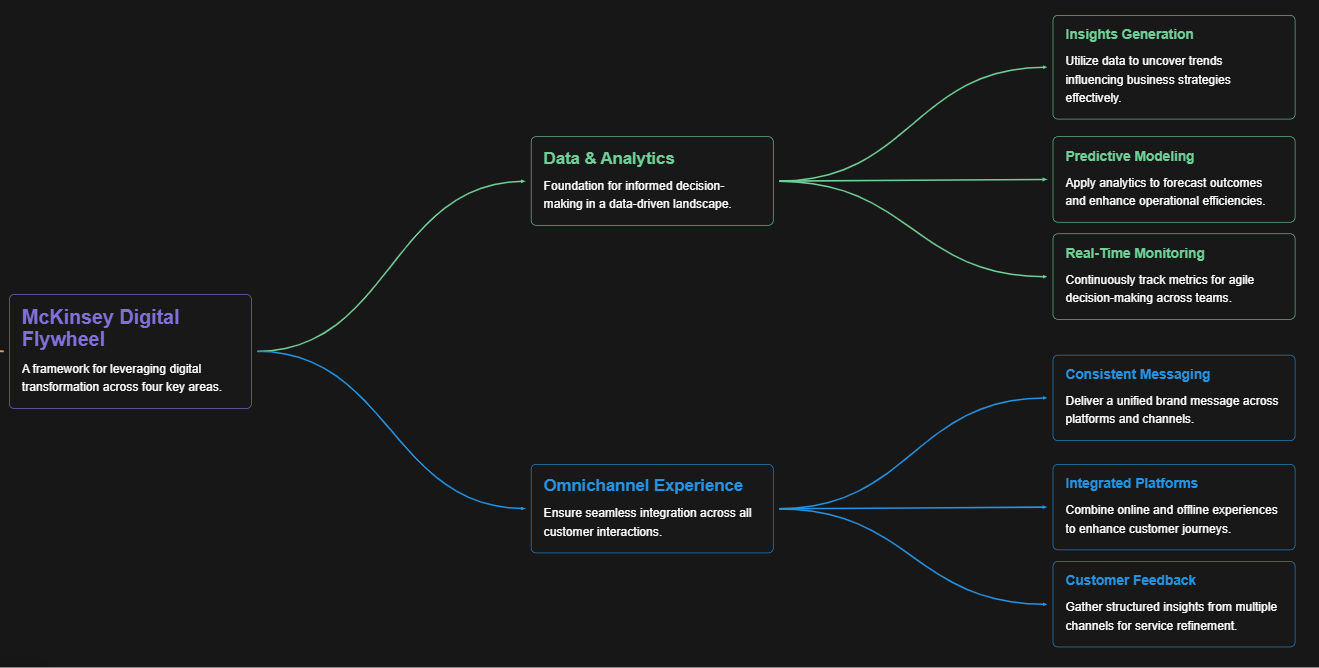
McKinsey Digital Flywheel
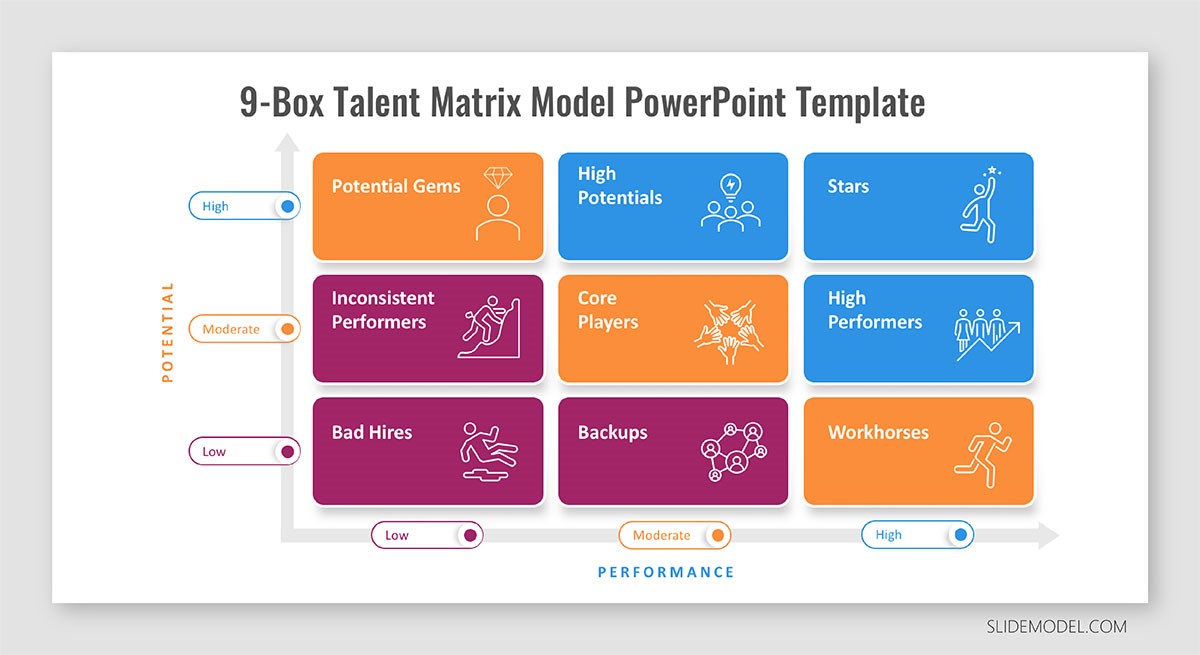
McKinsey 9-Box Talent Matrix
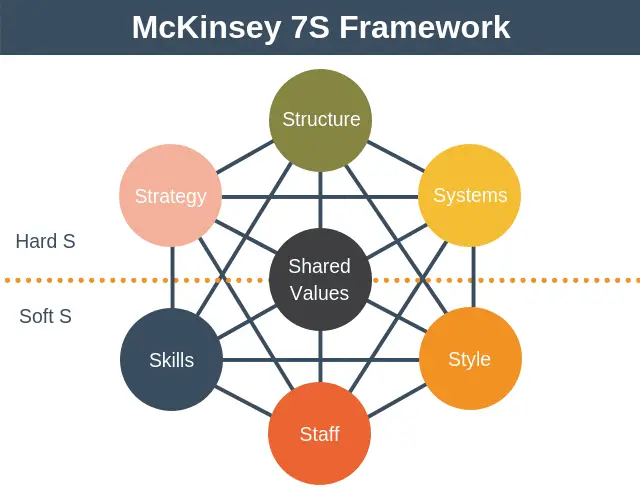
McKinsey 7S Framework
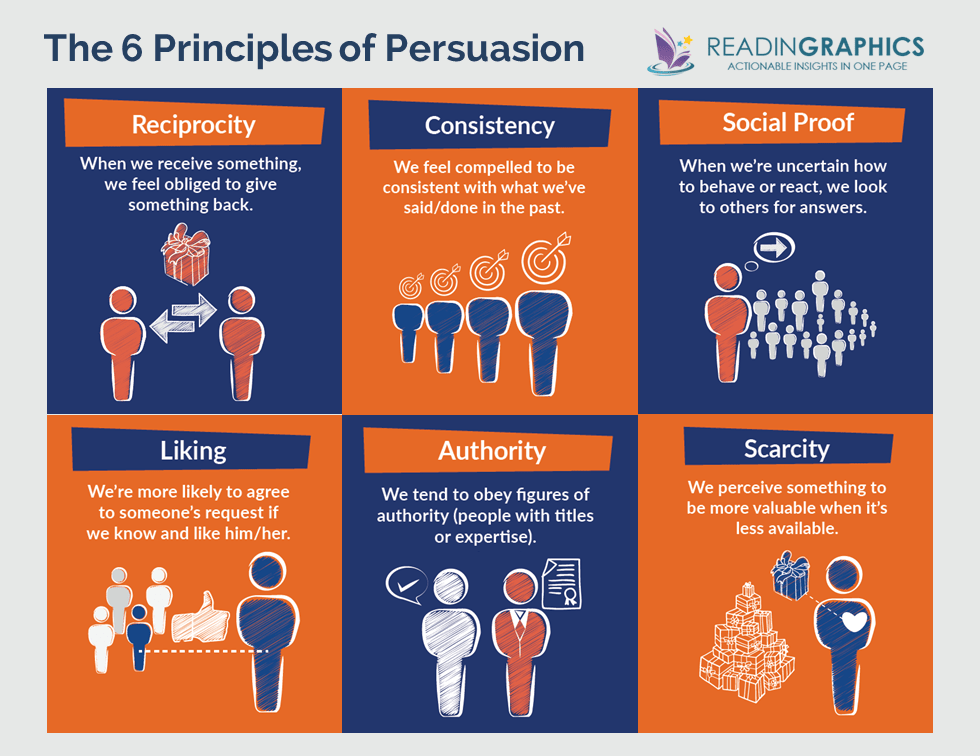
The Psychology of Persuasion in Marketing
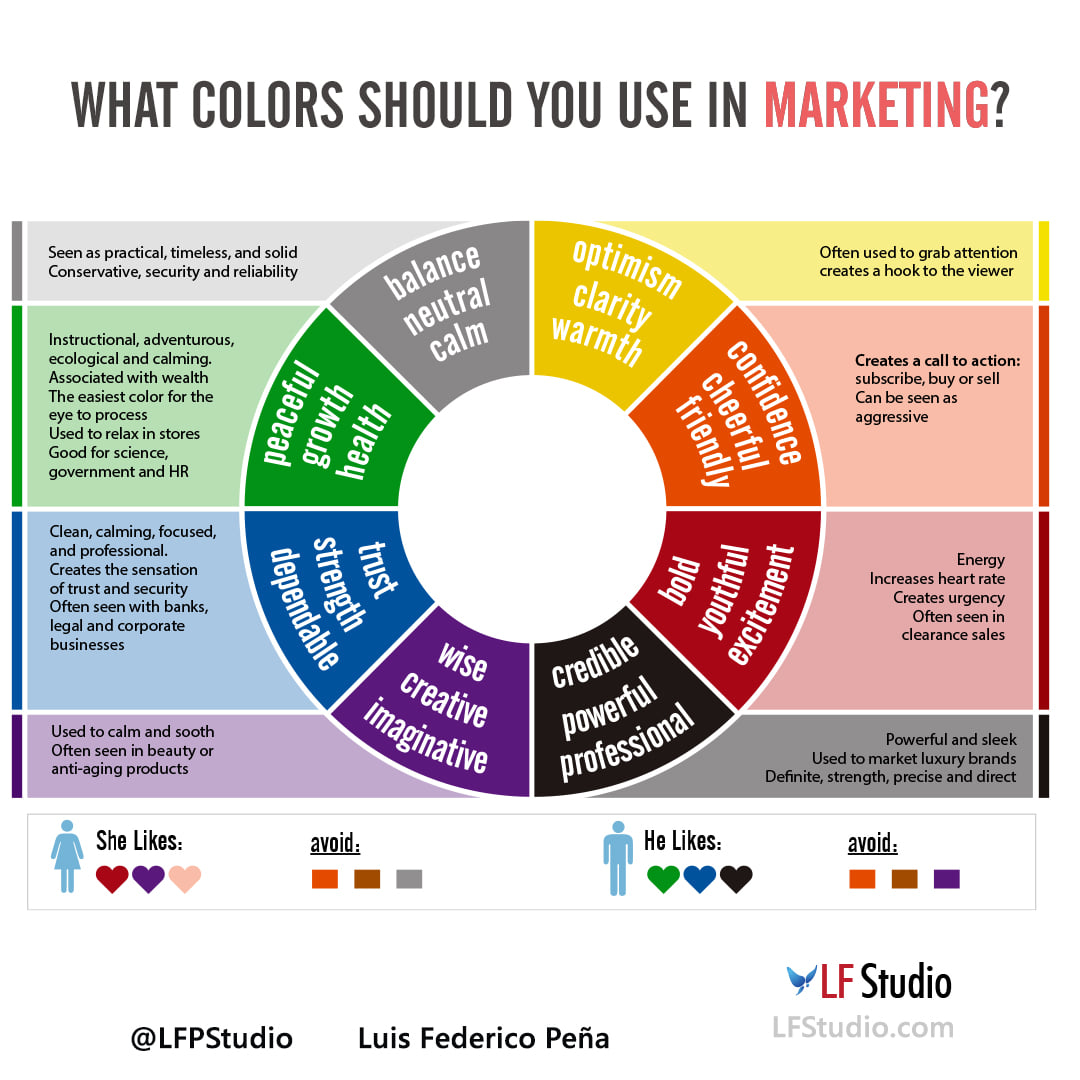
The Influence of Colors on Branding and Marketing Psychology








